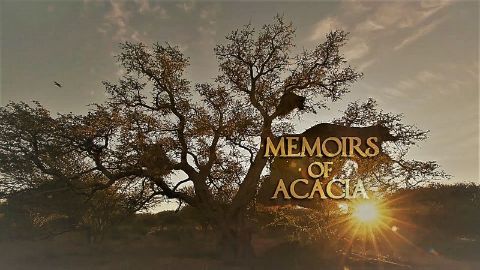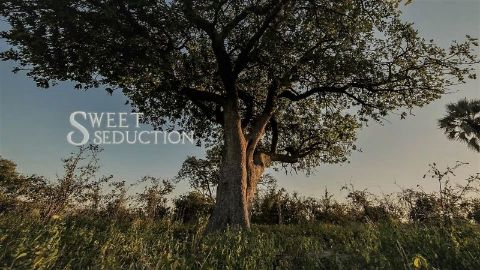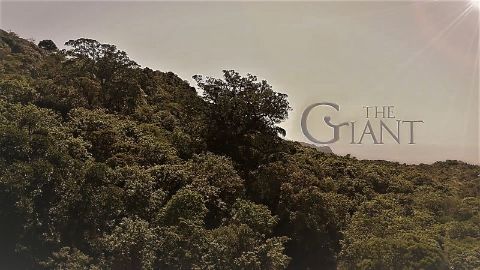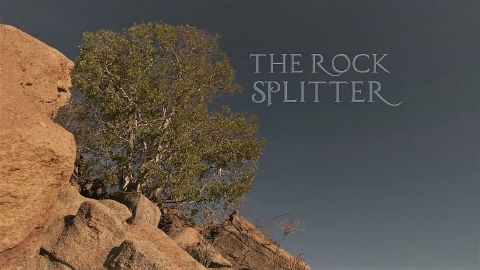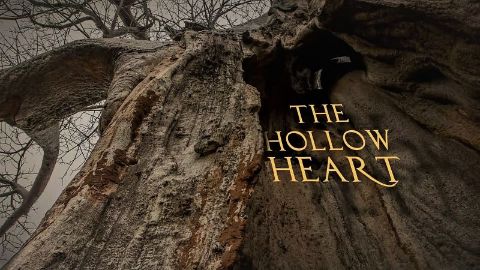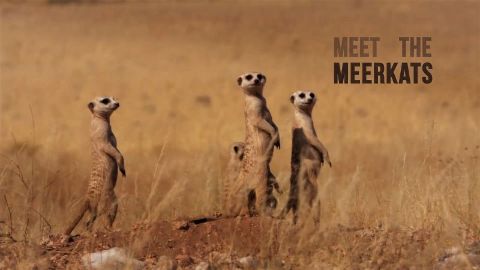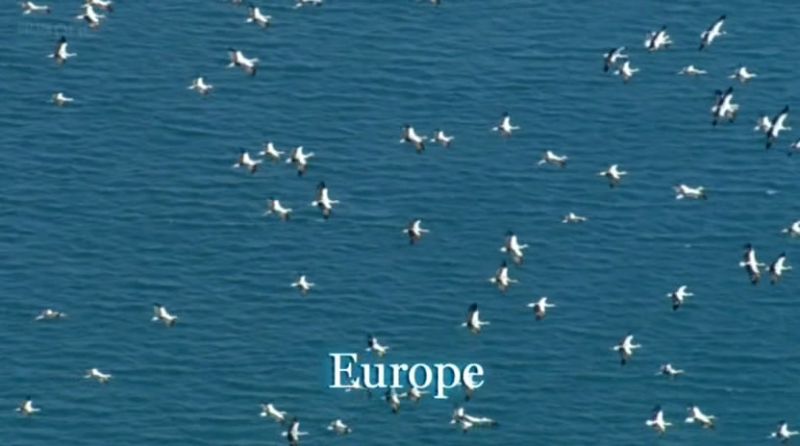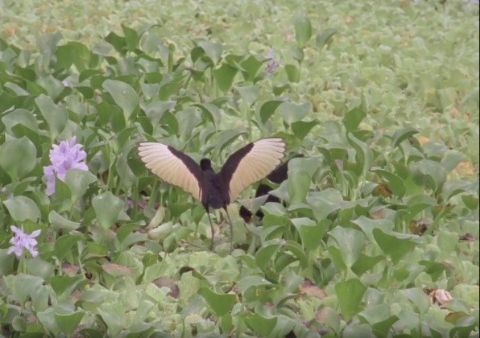Sweet Seduction • 2018 • episode "S1E2" • Rooted
In the northeast corner of Botswana, the rainy season is months away. The sausage tree offers a beguiling oasis for wildlife--from birds and insects, to much larger mammals like elephants--all reeling from the dry conditions. Then, as the rains descend, brilliant red flowers bloom and entice parrots, squirrels, and sunbirds to help with pollination. Summer allows the sausage tree to live up to its name, delivering massive, sausage-shaped fruit, a nutritious feast and a cornerstone of life in this exotic ecosystem.
Make a donation
Buy a brother a hot coffee? Or a cold beer?
Hope you're finding these documentaries fascinating and eye-opening. It's just me, working hard behind the scenes to bring you this enriching content.
Running and maintaining a website like this takes time and resources. That's why I'm reaching out to you. If you appreciate what I do and would like to support my efforts, would you consider "buying me a coffee"?
Donation addresses
BTC: bc1q8ldskxh4x9qnddhcrgcun8rtvddeldm2a07r2v
ETH: 0x5CCAAA1afc5c5D814129d99277dDb5A979672116
With your donation through , you can show your appreciation and help me keep this project going. Every contribution, no matter how small, makes a significant impact. It goes directly towards covering server costs.
